KARACHI, Aug 9: The amount of debt servicing has increased to become the strongest contender for the dollar, the most precious item for Pakistan as rising oil bills already slashed the reserves to just half within ten months.
The State Bank reported on Saturday that the country paid $3.029 billion as the debt servicing for 2007-08, which is just half of the central bank’s foreign exchange reserves.
The huge outflow deprives the country by $350 to $400 million each week from its reserves pushing the country fast towards the old days when it was about to default during 1998-99.
The fast decline of reserves has already cast negative impact on value of the local currency against all foreign currencies. The rupee lost over 17 per cent against the dollar in last seven months.
“The Pak rupee has the lowest value against the dollar in the region as both India and Bangladesh have succeeded to tackle the bullish oil bills and kept their currencies stronger than ours,” said an analyst.
“If the country has to pay $3 billion as debt servicing this year, then it will have no reserves to pay back for its oil bills, meet the trade and current account deficits,” said the analyst.
Latest figures showed that the State Bank’s reserves, which are used to pay the foreign bills, fell to $6.968 billion till August 1, 2008.
Calculations made by research houses show that the country is bound to borrow to pay-off the debt servicing, which may increase this year.
“The rescheduling period of Paris Club loans will be over next year, which means that the country will have to pay much bigger amount as part of the principals of the loans that may increase the return on debt by $1 billion,” said the analyst.
The total loan of Paris Club is still $13.928 billion. The country’s total debt and liabilities have increased by $5.808 billion only last year making the total as $46.389 billion.
The Paris Club loans were rescheduled after the 9/11, which saved Pakistan from default. Then the country improved its foreign exchange reserves to $16.486 billion till October 2007.
However, the political instability slashed the inflows of foreign exchange in the country while the outflow through massive trade deficit, eroded the country’s reserves faster than ever to remain at $10.159 billion.
Over the 1980s, with the cold war in full swing, Pakistan had access to abundant foreign aid, which coupled with a large volume of remittances from expatriates, kept the growth of total debt in check.
The internal debt of the country has also been rising very fast as the government borrowed Rs689 billion from the State Bank alone during 2007-08.

































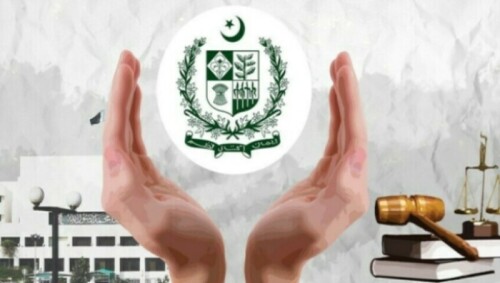
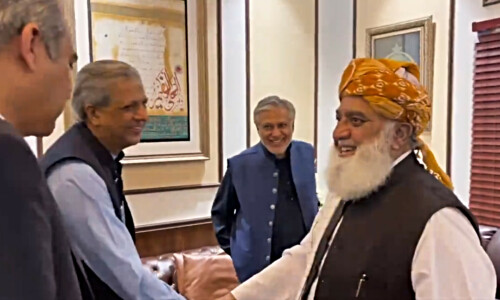


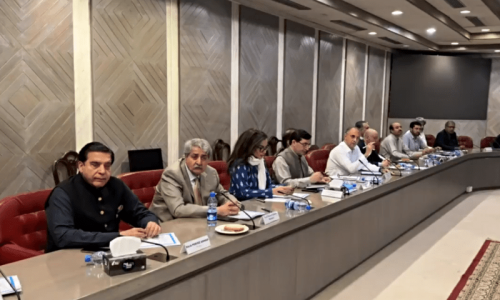

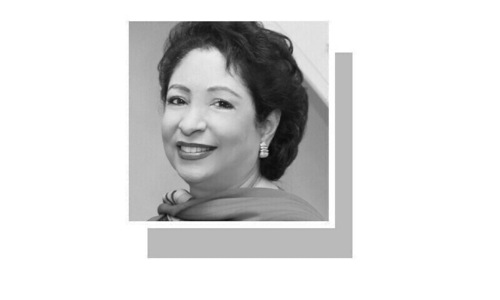




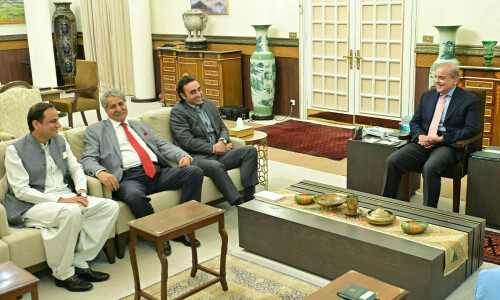

Dear visitor, the comments section is undergoing an overhaul and will return soon.